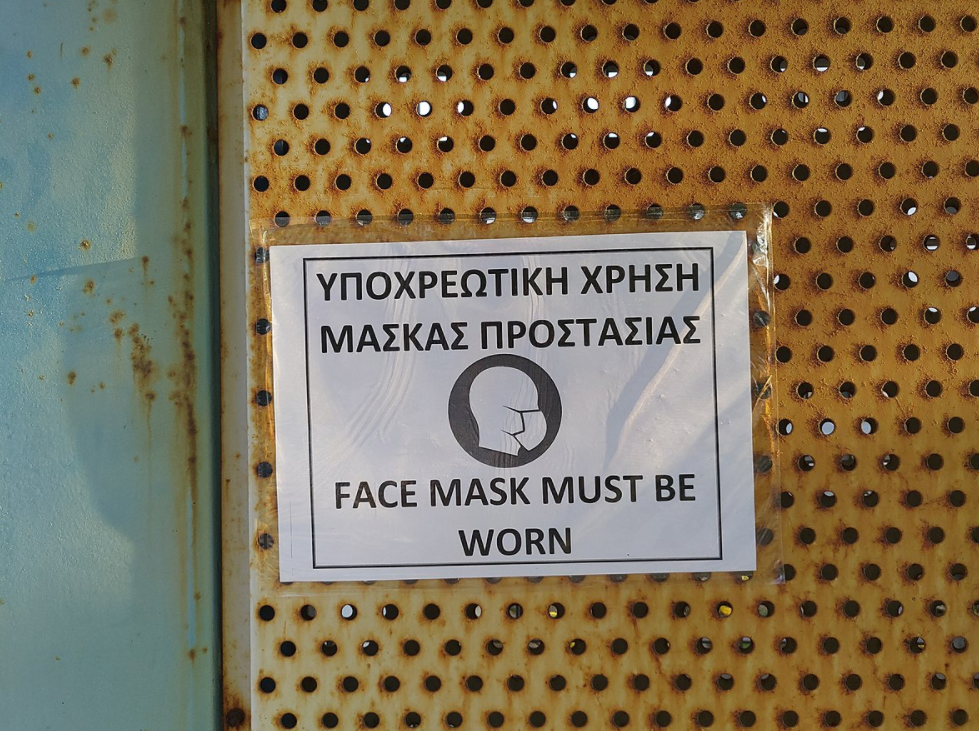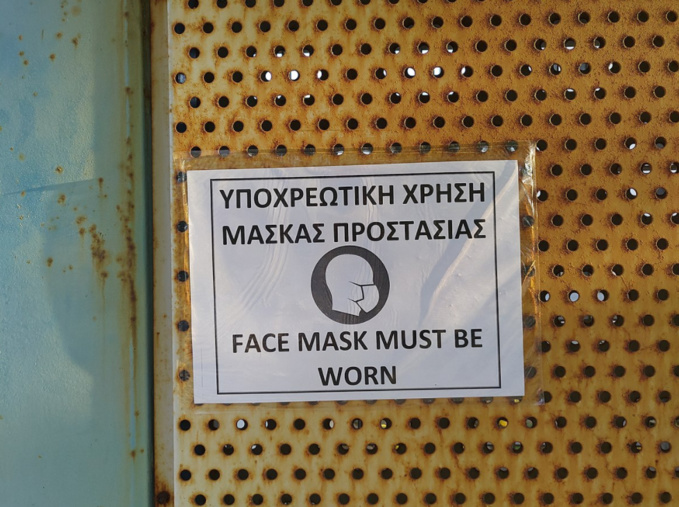To combat the new wave of coronavirus cases, Greece will introduce a nationwide lockdown, Reuters reports. The restrictions will take effect on Saturday, 7 November and will be valid for three weeks.
Under the new rules, Greeks will have to obtain permission to leave home, the agency says. Retailers, with the exception of supermarkets and pharmacies, will be required to stay closed. Primary schools will continue to operate, but high schools will close.
Greece has recorded fewer coronavirus cases than most European countries, mainly due to the introduction of a national lockdown in February, Reuters reports. In May, the country began lifting the restrictions, but since the beginning of October it has noted an increase in the number of infections, and is taking new measures. Sotiris Tsiodras, chief scientific advisor to the Greek government, described the new wave of the virus as "particularly aggressive". On Wednesday 4 November, 2646 cases of the coronavirus were detected in Greece, a record high for the entire pandemic, Reuters reports.
Israel was the first developed country to reintroduce quarantine and, while less stringent, the restrictions were more effective than earlier ones, The Wall Street Journal wrote. Germany has imposed the toughest restrictions since its spring lockdown on 2 November. In France, quarantine started again on 30 October. Sweden has also tightened the restrictions, but instead of a full quarantine and mandatory requirements, the country advised about 70% of its population to avoid unnecessary contact and work from home if possible.
source: reuters.com
Under the new rules, Greeks will have to obtain permission to leave home, the agency says. Retailers, with the exception of supermarkets and pharmacies, will be required to stay closed. Primary schools will continue to operate, but high schools will close.
Greece has recorded fewer coronavirus cases than most European countries, mainly due to the introduction of a national lockdown in February, Reuters reports. In May, the country began lifting the restrictions, but since the beginning of October it has noted an increase in the number of infections, and is taking new measures. Sotiris Tsiodras, chief scientific advisor to the Greek government, described the new wave of the virus as "particularly aggressive". On Wednesday 4 November, 2646 cases of the coronavirus were detected in Greece, a record high for the entire pandemic, Reuters reports.
Israel was the first developed country to reintroduce quarantine and, while less stringent, the restrictions were more effective than earlier ones, The Wall Street Journal wrote. Germany has imposed the toughest restrictions since its spring lockdown on 2 November. In France, quarantine started again on 30 October. Sweden has also tightened the restrictions, but instead of a full quarantine and mandatory requirements, the country advised about 70% of its population to avoid unnecessary contact and work from home if possible.
source: reuters.com



















